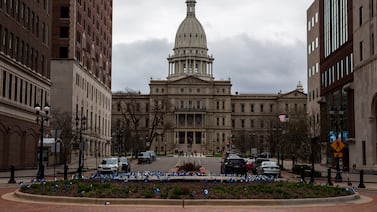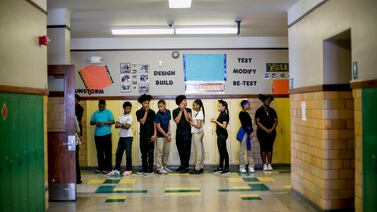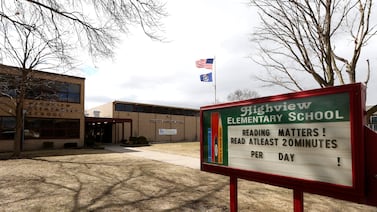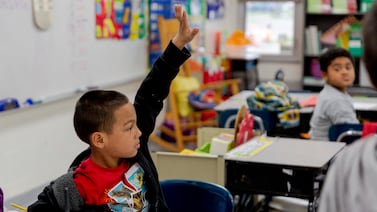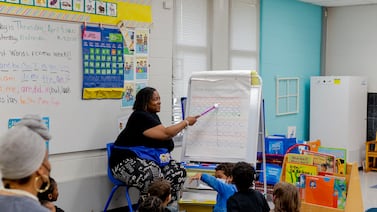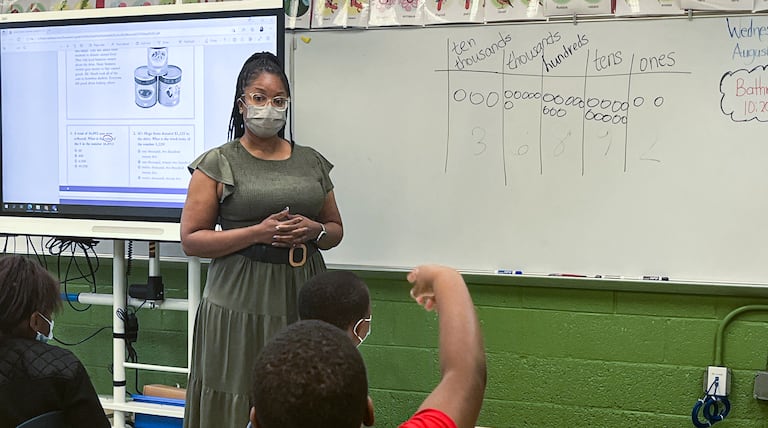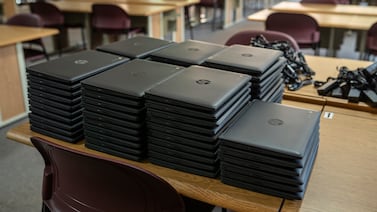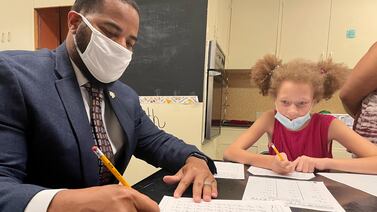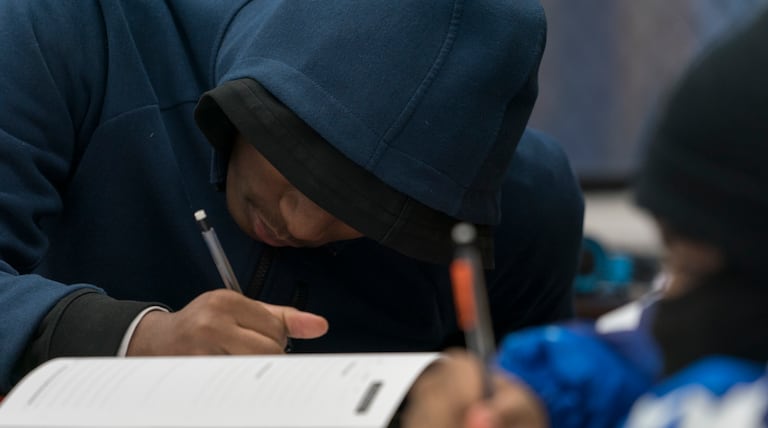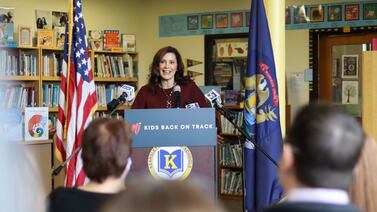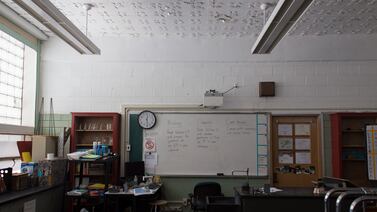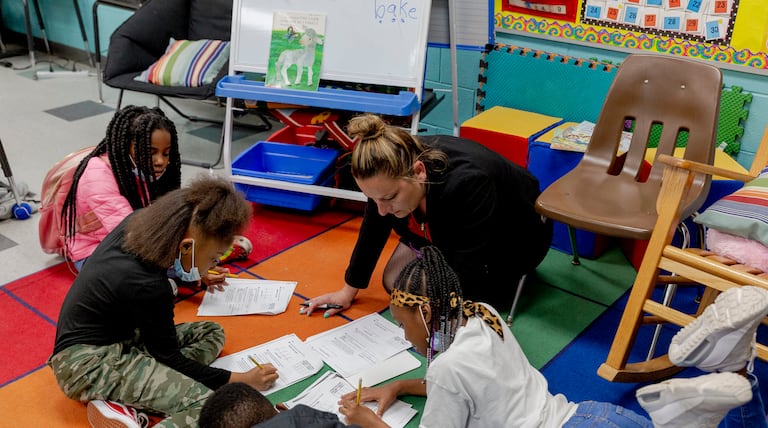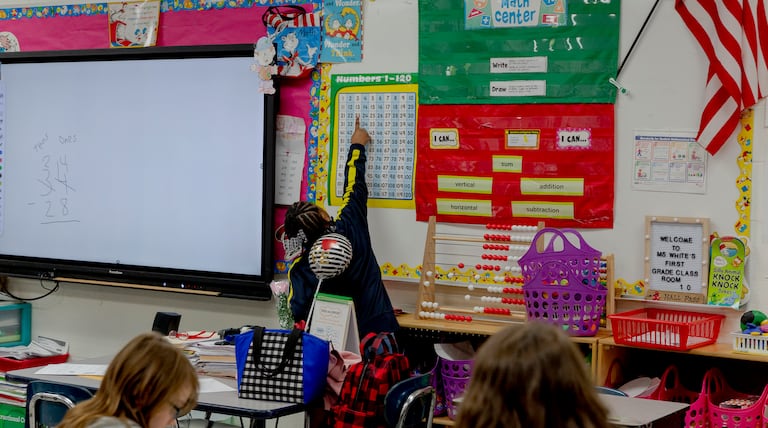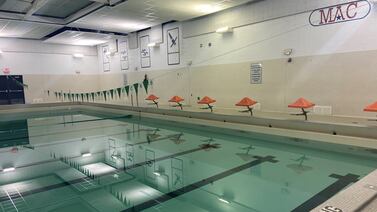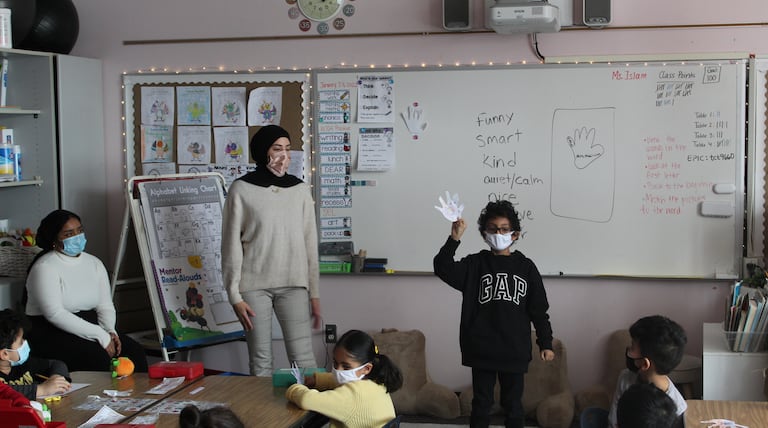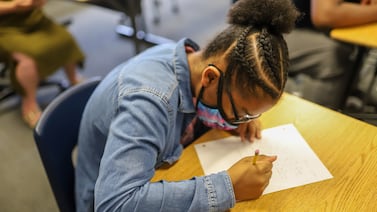The state superintendent said cuts to staff won’t be prevalent in all districts. But educators say the “fiscal cliff” existed in the state well before federal COVID relief funds.
One-time federal dollars are set to run out and a state surplus is projected to decline. Michigan public school districts will have to make difficult decisions.
Some districts used pandemic aid to shore up their budgets amid enrollment declines. They’ll no longer have that option late next year.
In the Detroit Public Schools Community District, officials are directing more than half of their COVID funds to fix buildings that are in disrepair.
Pressure is on to sort out budgets and avoid a ‘fiscal cliff’
Chalkbeat requested the data from the Michigan Department of Education in May
Districts are heeding expert warnings of a “perfect storm” of economic uncertainty fueled by inflation, enrollment declines, the threat of recession, and expiring federal aid.
Longstanding achievement gaps and a lack of local resources stymie progress
Some critics argue that private schools should not receive COVID relief money
Longtime literacy advocate Rachel Vitti left her position as a director with Beyond Basics in the wake of criticism from some education advocates
Districts’ new financial freedom could allow officials to focus more on educational priorities such as academics and teacher pay, or on reviving depleted elective programs
The district appears to be doing much of what experts say is critical to the success of such programs. But can it be sustained?
The proposal, which requires approval from Republican lawmakers, marks a shift for state leaders who have not previously emphasized tutoring as an academic recovery tool.
The district will spend COVID relief funds to rebuild five schools, renovate buildings and reopen previously closed school buildings.
A lack of coordination and financial support leaves individual districts to develop their own programs or take other approaches to learning delays.
Well-developed tutoring programs can make a big difference for students who struggled with online learning. These students are more likely to be people of color and to come from economically disadvantaged families.
Michigan schools received $6 billion in federal COVID relief money to help students and staff recovery from the pandemic.
Federal funds fuel an “explosion” of demand for dogs trained to work with emotionally distressed kids.
Districts have hired social workers and purchased new curriculums, but students’ needs are immense, and the pandemic-roiled labor market limits efforts to hire.
Michigan schools have $6 billion in federal COVID relief funding to spend to help students recover from the pandemic


